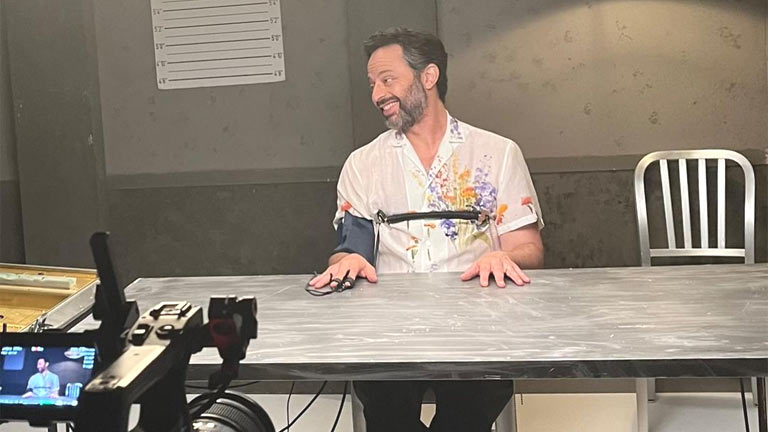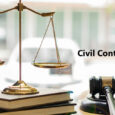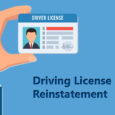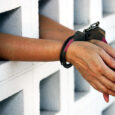In the ever-evolving landscape of human communication, the quest for truth remains a constant. As individuals navigate a world filled with intricate webs of information and interpersonal interactions, the need to distinguish between fact and falsehood has never been more crucial. Enter the world of professional lie detector testing – a realm where science meets psychology to uncover hidden truths and shed light on the shadows of deception. In this blog post, we delve into the top five reasons why individuals seek professional lie detector testing, exploring the motivations behind this intriguing choice.
Understanding the Lie Detector Test: Unveiling the Science Behind
At the heart of the intrigue surrounding professional lie detector testing lies a scientific marvel – the polygraph test. This sophisticated instrument is designed to measure physiological responses that can occur when a person is being untruthful. The test typically monitors various physiological indicators, including heart rate, blood pressure, respiration rate, and skin conductivity.
The underlying principle is that when an individual is lying, there is often an increase in physiological arousal due to the stress and anxiety associated with deception. This arousal can trigger subtle changes in the monitored indicators, which the polygraph expert interprets to discern potential deception.
Reasons Why Individuals Seek Professional Lie Detector Testing
1. Personal Relationships: Trust Reimagined
Picture this: A relationship where trust has eroded, leaving behind a trail of suspicion and uncertainty. In a world where relationships are built on open communication and honesty, a breach of trust can be emotionally devastating. Many individuals turn to professional lie detector testing to reclaim their peace of mind and restore the foundation of their personal connections.
Step Inside the Mind: The decision to seek lie detector testing within a relationship reflects a yearning for validation. An individual might be grappling with suspicions regarding infidelity, hidden financial matters, or even emotional detachment. The prospect of discovering the truth – whether confirming suspicions or dispelling them – can bring closure and pave the way for healing.
2. Legal Matters: Unmasking Deception
The Courtroom Drama: Legal battles are often dominated by contrasting narratives, making it challenging to separate fact from fiction. In legal matters such as criminal cases, civil disputes, or even workplace conflicts, professional lie detector testing serves as a powerful tool to reveal concealed information and expose deceit.
Behind the Scenes: The decision to undergo lie detector testing within a legal context is multifaceted. It could be a defendant striving to prove their innocence, a plaintiff seeking justice, or an employer aiming to uncover internal wrongdoing. In these scenarios, lie detector tests offer an objective way to supplement traditional evidence, potentially influencing the course of legal proceedings.
3. Corporate World: Honesty in High Stakes
Corporate Espionage or Truth-Seeking: The business arena thrives on strategic decisions and calculated risks. However, these decisions can be marred by misinformation or hidden agendas. In the corporate world, lie detector testing is gaining traction as a means to sift through the complexity and ensure transparency in high-stakes situations.
Into the Boardroom: Executives and employers turn to lie detector testing when facing cases of suspected insider trading, breaches of confidentiality, or accusations of workplace misconduct. By subjecting key individuals to professional lie detector tests from the likes of Bond Rees, companies strive to safeguard their reputation and maintain an environment of integrity.
4. Personal Redemption: Rebuilding Trust
Redemption’s Path: In instances where an individual’s credibility has been tarnished, the journey toward redemption can be arduous. Professional lie detector testing presents an opportunity for those who wish to demonstrate their commitment to truth, rebuild trust, and pave the way for a fresh start.
In the Spotlight: From public figures seeking to address scandals to individuals attempting to mend broken bonds with loved ones, lie detector testing can offer a tangible means of proving one’s sincerity. By willingly undergoing testing, these individuals aim to reconcile with their past and prove their dedication to authenticity.
5. Closure and Peace of Mind: A Weight Lifted
Seeking Closure: Life is riddled with unanswered questions that can haunt us for years. For some, the decision to undergo a lie detector test is driven by the need for closure – closing the chapter on doubts that have lingered for too long.
Behind Closed Doors: This choice is deeply personal, often involving unresolved matters related to family secrets, unresolved disputes, or long-standing accusations. By embracing lie detector testing, individuals hope to either validate their suspicions or finally put lingering doubts to rest, allowing them to move forward with clarity.
Conclusion
In a world where truth can be elusive and perceptions often blur reality, the emergence of professional lie detector testing provides a beacon of clarity. From relationships seeking to heal to corporate realms aiming for transparency, the motivations behind this choice are as diverse as the individuals who make it. Whether motivated by the desire for truth, justice, redemption, or closure, the decision to undergo lie detector testing is a testament to the innate human yearning for authenticity in a world sometimes shrouded in deception.




